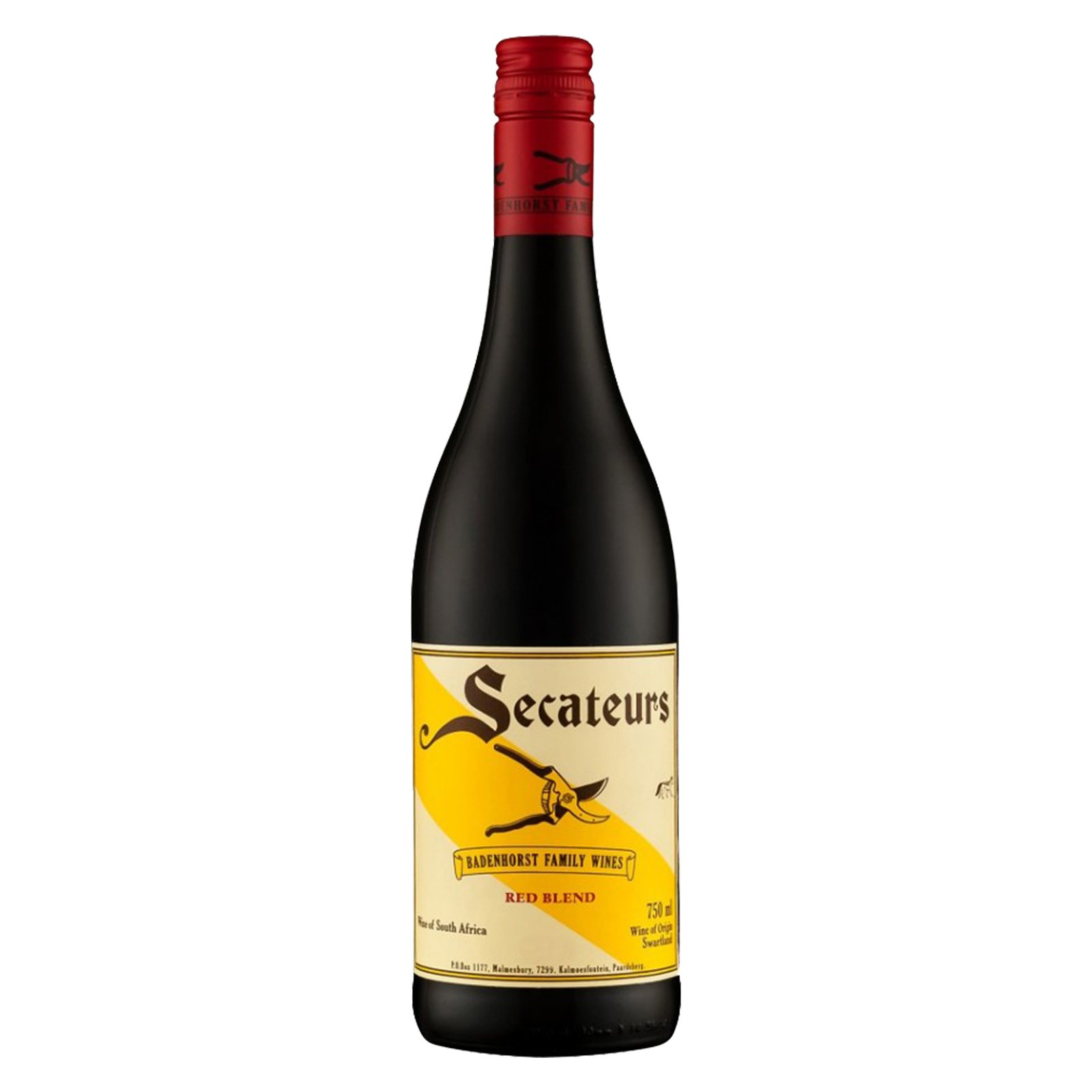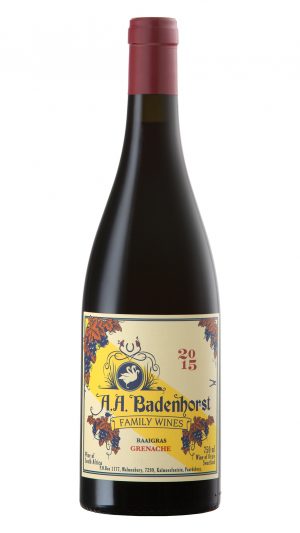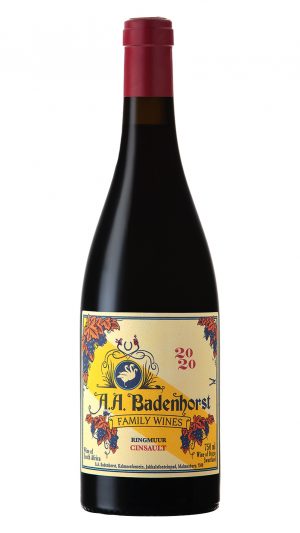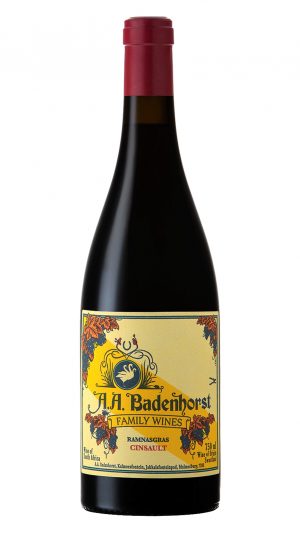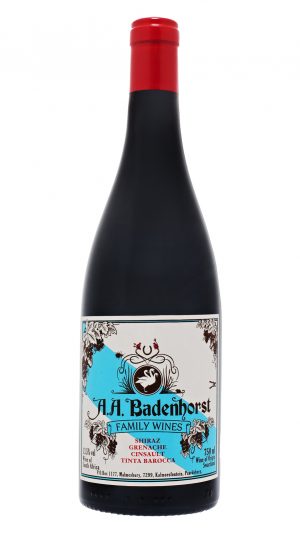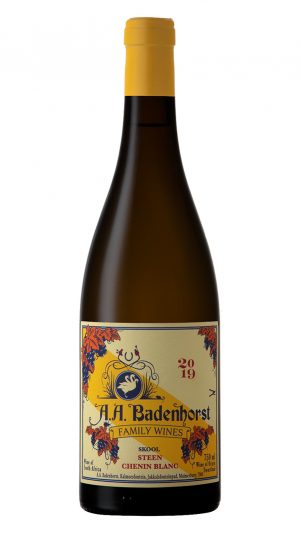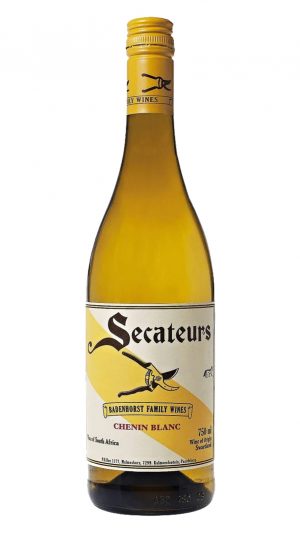Badenhorst Secateurs Red Blend 2018 / 2019
Type: Red
Country: South Africa
Region: Swartland
Grape Variety: Shiraz, Cinsault, Grenache
Viticulture: Natural Wine | Biodynamic | Certified Organic
Rating: 91 Robert Parker Points (2019)
Climate: Warm and dry summers, cool and damp winters
Terroir: Vines are grown mainly on mountain slopes and were planted on a variety of granite soils from the late 1960s to the mid-1970s
Winemaking: All fruit, red and white, is whole bunch-handled so no crushing or destemming takes place. The whites are transferred directly to old casks or into concrete tanks for fermentation and ageing. The red grapes are fermented in concrete tanks and open wooden kuipe. No additions are made to the grapes other than sulfur before and after fermentation
Color: Ruby red
Nose: The fragrant, spicy, spicy aroma of the wine shows the tone of ripe red fruits
Palate: Soft, smooth, but with sufficient grip and freshness, subtle tannins, fruity notes and a dry, refreshing aftertaste
About the Winery:
From three generations of winemaking stock, Adi Badenhorst was destined to be the best. Time in the Rhône, New Zealand and as a winemaker at Rustenberg polished his talent before he (along with his cousin) brought his humble vineyard in the Paardeberg complete with gnarled vines and a run-down winery. He is now one of the leading players in ‘The Swartland Revolution’, a group of pioneering young winemakers, including Eben Sadie, Chris Mullineux and Marc Kent, making wines from the amazing raw materials that are part of the Swartland’s grape-growing legacy – a legacy that dates back centuries.
There are few young winemakers in South Africa that haven’t benefitted from his mentorship. This furry-faced whirlwind can be such a big personality – one of those ‘force of nature’ types – that people forget just how brilliant a winemaker he actually is.
The winery is located on a mountain range which is a granite outcrop. Three distinctive types of granitic soil are found on this property—Paardeberg, Lammershoek and Lemoenfontein granites. The soils are extremely old and considered by many to be “low potential” as vine growth is not as luxuriant as in other areas. Yields are generally quite low, averaging 3–4 tons/ha for Chenin Blanc. No irrigation is used as the soils have the potential to store a good amount of water which slowly releases during the growing season. Rainfall is around 480mm a year, falling mainly in the winter months of May–August/September. Winters tend to be cold and wet, and leaf fall is quite sudden with the onset of Winter. Otherwise, the weather is pretty much Mediterranean.

